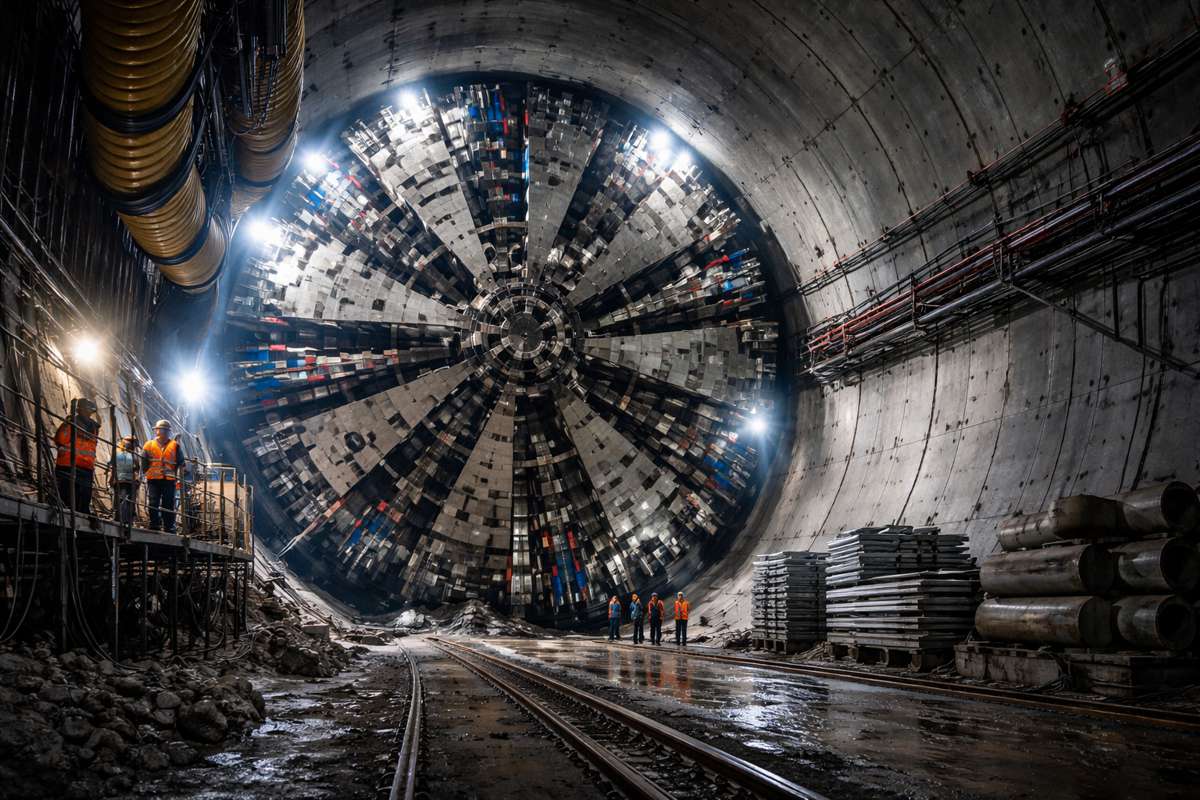Amey tests wearable safety tech for highways workers
Wearable technology which could reduce risks to drivers and lone workers has been trialled by highways engineers working for leading service provider Amey.
Biometric and location devices which detect when the body is under stress and help workers raise instant alarms at the touch of a button were piloted on a technology maintenance contract, where working in higher risk environments is sometimes unavoidable.
Amey is now considering a detailed report on the tech’s capabilities for improving staff safety across its business and plans to evaluate other devices and suppliers.
Principal engineer for intelligent transport systems for Amey, Mike Kehoe said: “We are always looking for ways to increase worker safety and wearable safety technology has huge possibilities.
“Our eight week trial on Highways England’s North East Regional Technology Maintenance Contract really put it through its paces. Every member of staff on that contract drives a vehicle and can be out at any time of the day or night, in all weathers or in locations like embankments and next to live traffic.
“We found that the tech is transferable to other situations and could potentially provide a wealth of data about the wellbeing of our people which will help us improve general safety.”
The tech piloted by Amey was provided by Fujitsu and included a collar drowsiness detector and ear clip measuring changes in blood flow which are indicators of attention loss and an initial sign of fatigue.
A ruggedized wrist-worn vital band monitored vital signs and environmental factors. This alerts employees to signs of heat stress and provides other valuable information, such as a sudden change in posture indicating a trip or fall, and the wearer’s exertion level, to ensure they are operating safely.
Finally, a location badge, when activated by the wearer, sends an instant alert allowing help to be dispatched far more quickly and accurately in the event of a threat or injury.
“We have more work to do to evaluate the market and look at ways to make the tech useable every day for our people,” said Mike “It’s definitely the future, and many organisations, including Highways England, are looking at the concept. By putting our workers first we are on the way to making it a reality.”





























